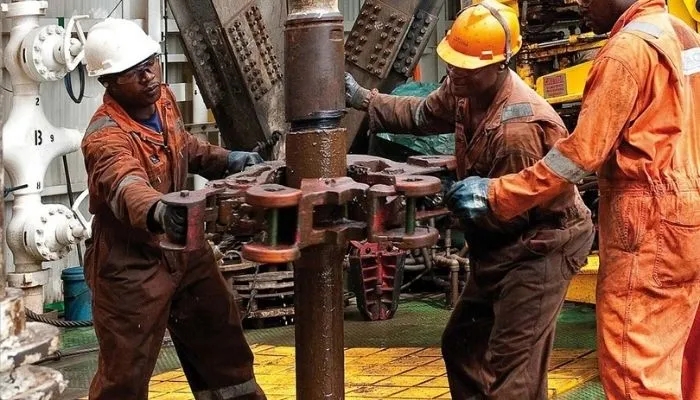The Nigerian government is aiming to attract $5 to $10 billion in new investments for deep-water offshore oil and gas operations through a recently introduced tax relief package.
This initiative is part of broader reforms to boost the country’s energy sector, which has faced challenges over the past decade.
Announced by the Special Adviser to the President on Energy, Mrs. Olu Verheijen, the tax relief package includes significant exemptions for diesel, Compressed Natural Gas (CNG), and cooking gas.
It also marks the first fiscal framework for deep-water gas basin exploration in Nigeria since 1991 and aims to revive Nigeria’s deep-water sector, which has seen little investment since the approval of the Egina project in 2013.
- Advertisement -
Verheijen emphasized that since the last deep-water project, international oil companies operating in Nigeria have committed more than $82 billion to deep-water projects in other countries perceived to be more competitive. These new reforms target a portion of the estimated $90 billion that global companies plan to spend on deep-water oil and gas projects in the coming years.
The reforms aim to unlock billions in investments over the next few years, positioning Nigeria as an attractive destination for international energy companies.
Osagie Okunbor, Chairman of the Oil Producers Trade Section, expressed optimism about the improved coordination and policy coherence, stating that the accelerated pace of reforms has renewed interest in Nigeria.
In addition to attracting foreign investment, the tax incentives are expected to create jobs, stimulate tax revenue, and contribute to the nation’s macroeconomic stability.
A key component of the package is the Value Added Tax (VAT) waiver for gas, diesel, electric vehicles, and clean cooking equipment, along with tax credits for new deep-water oil and gas projects.
- Advertisement -
Nigeria, as Africa’s top crude oil producer, has also set ambitious targets for 2030, aiming for four million barrels of oil per day and 10 billion cubic feet of gas output.









